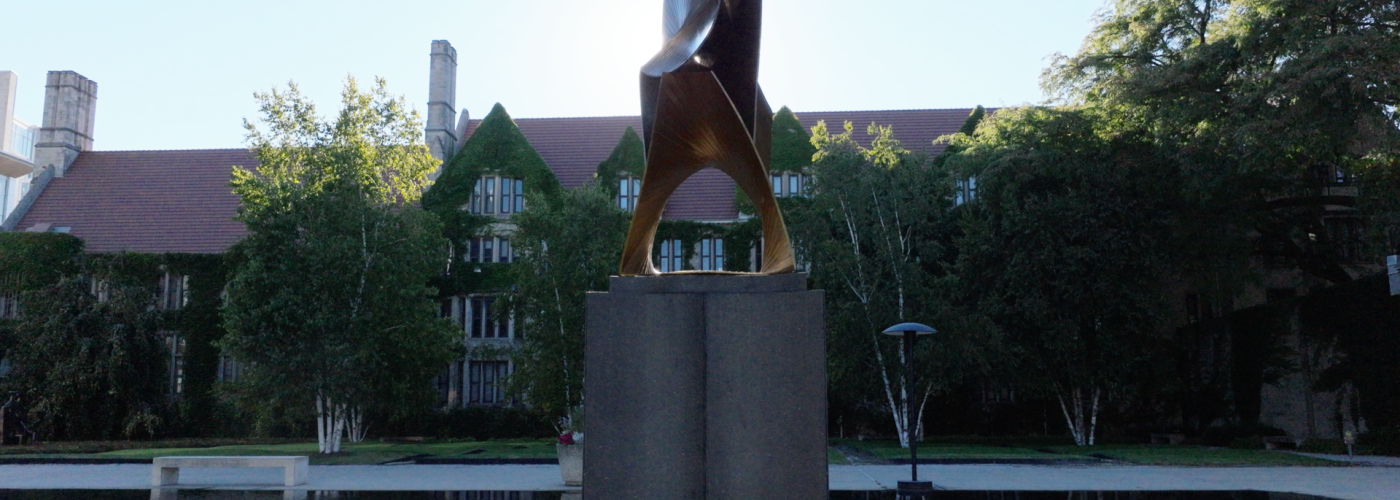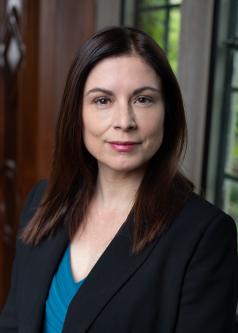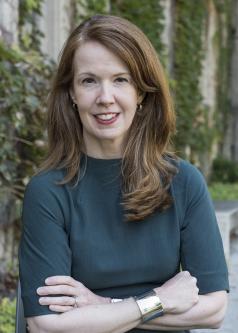Adam Chilton appointed next dean of the Law School
read the announcementNews
Alison Siegler has been named the Lillian E. Kraemer Clinical Professor in Public Interest Law, effective July 1.
When Bill Weaver, ’10, joined a big law firm after graduating, he found his calling in the firm’s energy practice, particularly the part of it dealing with electricity.
Last year, Regan Hunt Crotty, ’03, was named the dean of undergraduate students at Princeton University, bringing to the job thirteen years of experience at the university, in five previous positions.
Larry Kramer, ’84, took office last year as the president and vice chancellor of the London School of Economics and Political Science.
This year, David Applegate, ’78, moved to of counsel status at Williams, Barber and Morel, capping a career of exceptional accomplishments and contributions.
Faculty in the News
In 1943, in what would become one of the most famous opinions in the First Amendment canon, Justice Robert H. Jackson described the difficult task that courts faced when asked to apply the federal constitution’s rights guarantees to a world radically transformed from the one the Framers had encountered. The profound economic, social and political changes of the intervening hundred and fifty years, Jackson wrote in West Virginia State Board of Education v.
The U.S. Supreme Court’s ruling Friday curbs federal judges’ powers to issue nationwide injunctions — clearing the way for President Trump’s executive order to end birthright citizenship. The court’s decision did not address the constitutionality of the order, but it stops judges from being able to freeze the policy.
Fix the Court Executive Director Gabe Roth and University of Chicago Law School Robert Newman Reid Professor of Law Alison LaCroix return to discuss the significance of recent and upcoming SCOTUS decisions.
Magna Legal Services Litigation Consultant Dr. Sarah Wellard provides insight into the Karen Read verdict.
Journalist Jillian Lederman identifies how cheating at law schools is spreading.



